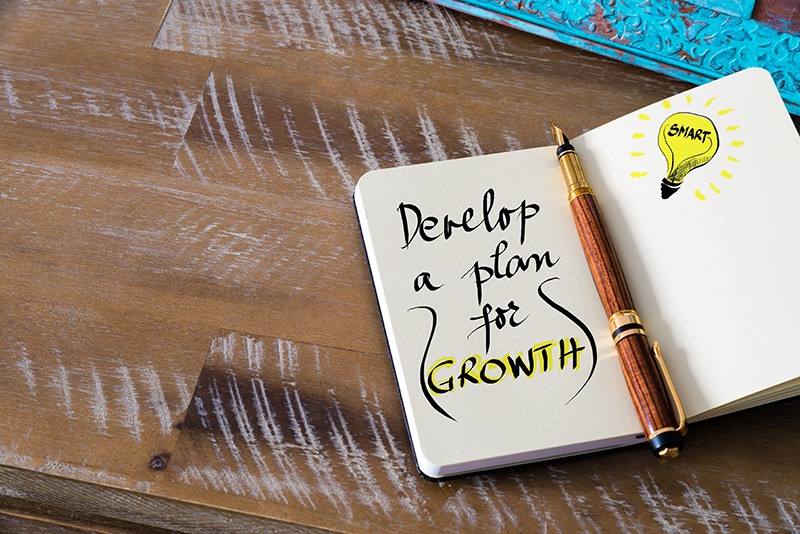Everyone wants to be the best version of themselves. Sometimes, when they don’t meet the standard they set for themselves, they begin to feel frustrated or depressed, struggling with the same challenges they faced yesterday. If you feel that way, you’re not alone. Here’s the good news: you don’t have to stay where you are. You don’t have to continue to struggle against the same challenges in ways that aren’t working for you.
You can overcome. You can put these things behind you and embrace a new present and a better future. Developing and committing to follow a personal growth plan is a great way to begin.
“In my early professional years I was asking the question: How can I treat, or cure, or change this person? Now I would phrase the question in this way: How can I provide a relationship which this person may use for his own personal growth?” — Carl Rogers
Your first step is to recruit a mentor, a truth teller you respect enough to really listen to you, and someone who also knows how to really listen to you. John Maxwell is one of my mentors, and I’d like to share something I learned from John about the importance of planning for personal growth.
When I came on board with John Maxwell, as a Founding Partner of his leadership coaching program, John told us a story about his early days helping leaders that really resonated with me. He talked to many people in many different positions of leadership and learned most of them had one thing in common: they never made a plan for personal growth. Because of this, they were struggling, and they couldn’t find a way out.
My own plan for personal growth has paid so many positive dividends for me. My plan allows me to see how far I’ve grown, to celebrate my successes and embrace the lessons in my mistakes.
For me, that begins with expanding what I know. I make it a point, every day, to read or listen to something that develops me personally.
I invest time observing my own behavior. I trust the truth tellers in my life to hold up a mirror and help me see areas in my life where I’m doing well, as well as areas where I could do better. I choose to be receptive, rather than defensive, when people point these things out to me.
I also invest time watching and observing others. How do they face challenges? How do they find answers to questions, approach conflict or celebrate success? Remember, you don’t have to learn everything the “hard way”. Let others’ experiences teach you.
Speaking of mistakes, I do my best to clean up messes as fast as I make them. Admitting a mistake may be uncomfortable, and if that mistake hurt someone else they may not be as receptive to your attempts to make it right as you wish them to be. That’s all right. Your responsibility is to correct the mistake to the best of your ability. You cannot base your right decisions on someone else’s potential reactions.
Another step in planning my personal growth involves giving up the need to be “right” in honor of growing and learning. Even if you don’t feel like you’re being defensive, it’s easy to miss opportunities to grow because you believe you’re right. The belief in being right comes from information you already have, not information you might be receiving. In that moment is an opportunity to decide which is more important — the information you already have, or what you might learn that you didn’t know you didn’t know.
Understanding when and how to listen leads me to the last step in my personal growth plan—choosing to listen rather than assuming I have all the information I need to make a choice. When you learn to really listen, that’s true freedom, and another step along the path to personal growth.


0 Comments